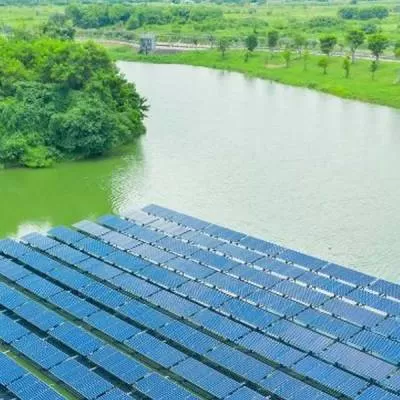

NTPC, India's largest power generating company, has announced plans to supply 1 gigawatt (GW) of hybrid power to distribution companies (DISCOMs) across India. This initiative aligns with the nation's efforts to diversify its energy mix and increase renewable energy adoption.
Hybrid power systems combine renewable energy sources like solar and wind with traditional fossil fuels, offering a more reliable and sustainable electricity supply. NTPC's ambitious project aims to leverage this blend of energy sources to meet the growing demand for electricity while reducing carbon emissions.
The move comes as part of NTPC's commitment to supporting India's renewable energy targets. The company has been actively investing in renewable energy projects, including solar and wind farms, as well as exploring innovative technologies to enhance efficiency and sustainability in power generation.
By supplying 1 GW of hybrid power, NTPC seeks to contribute significantly to India's renewable energy capacity and reduce its dependence on conventional fossil fuels. This initiative not only supports the nation's green energy goals but also promotes economic development and environmental sustainability.
The deployment of hybrid power solutions by NTPC is expected to benefit DISCOMs by providing them with a reliable and cost-effective source of electricity. Additionally, it will help improve grid stability and enhance energy security across the country.
Furthermore, NTPC's initiative underscores the importance of public-private partnerships in driving renewable energy growth and achieving sustainability objectives. Collaborative efforts between government entities, private corporations, and other stakeholders are essential for accelerating the transition to a cleaner and more sustainable energy future.
Overall, NTPC's commitment to supplying 1 GW of hybrid power marks a significant step towards achieving India's renewable energy targets and fostering a greener and more resilient energy infrastructure.